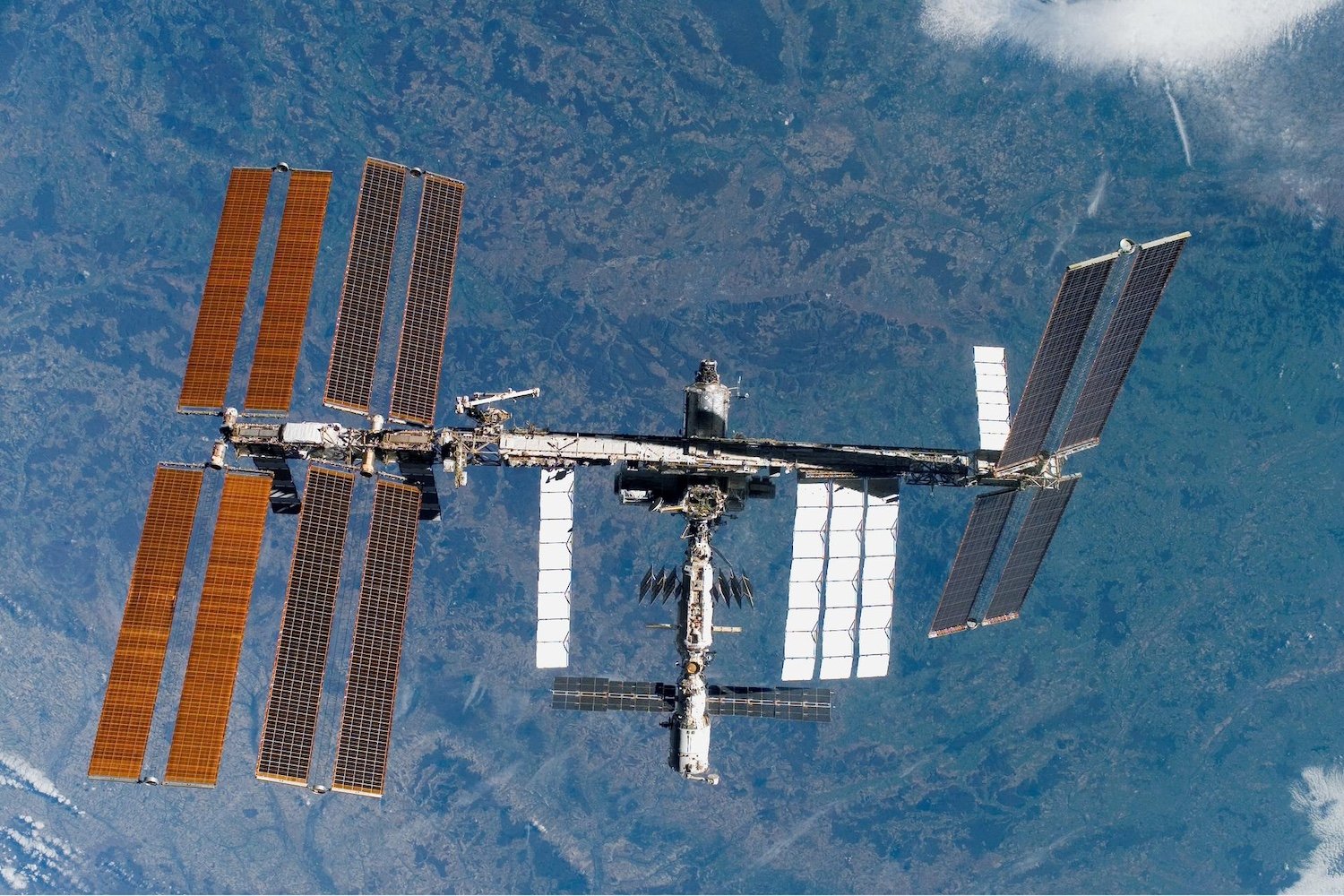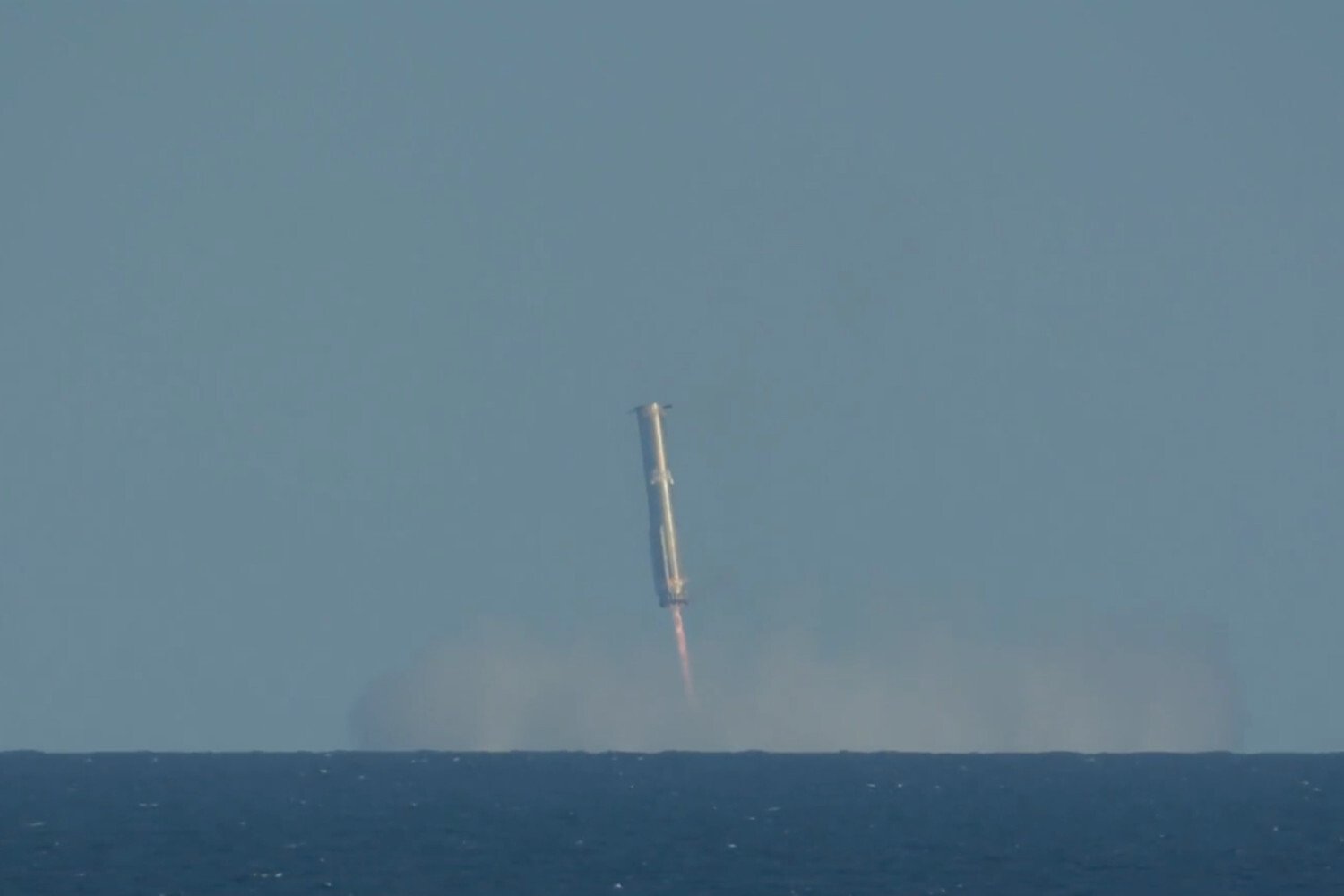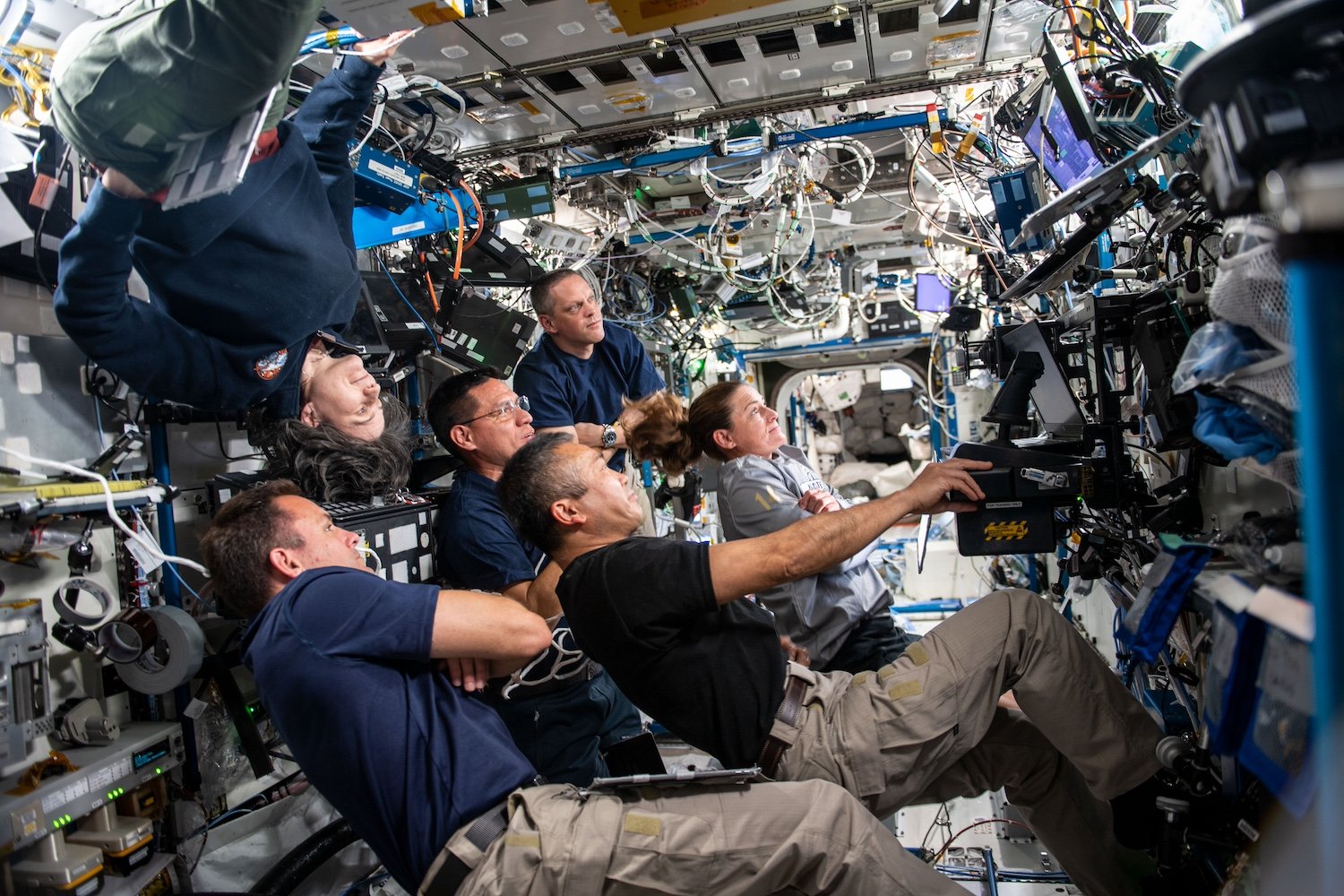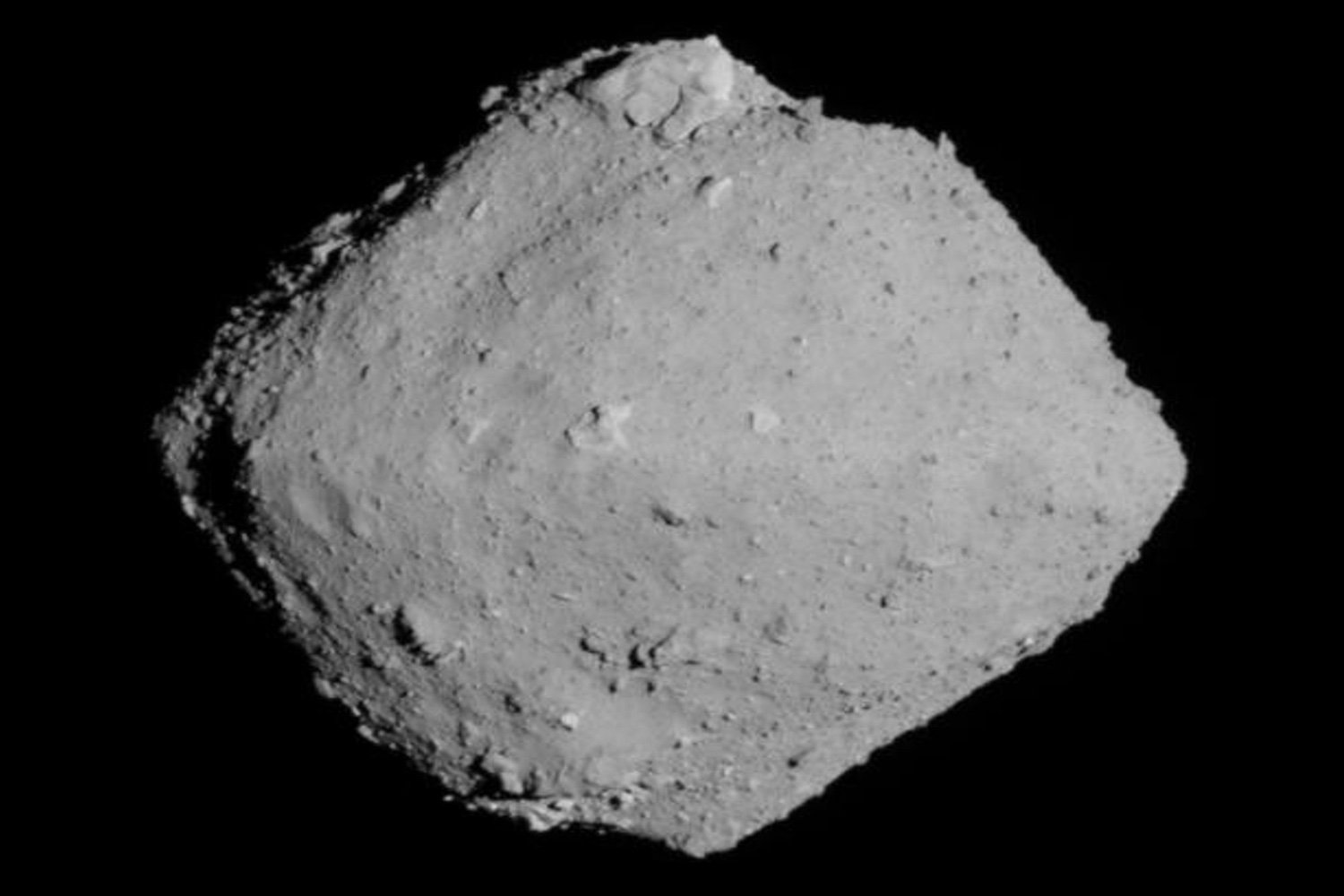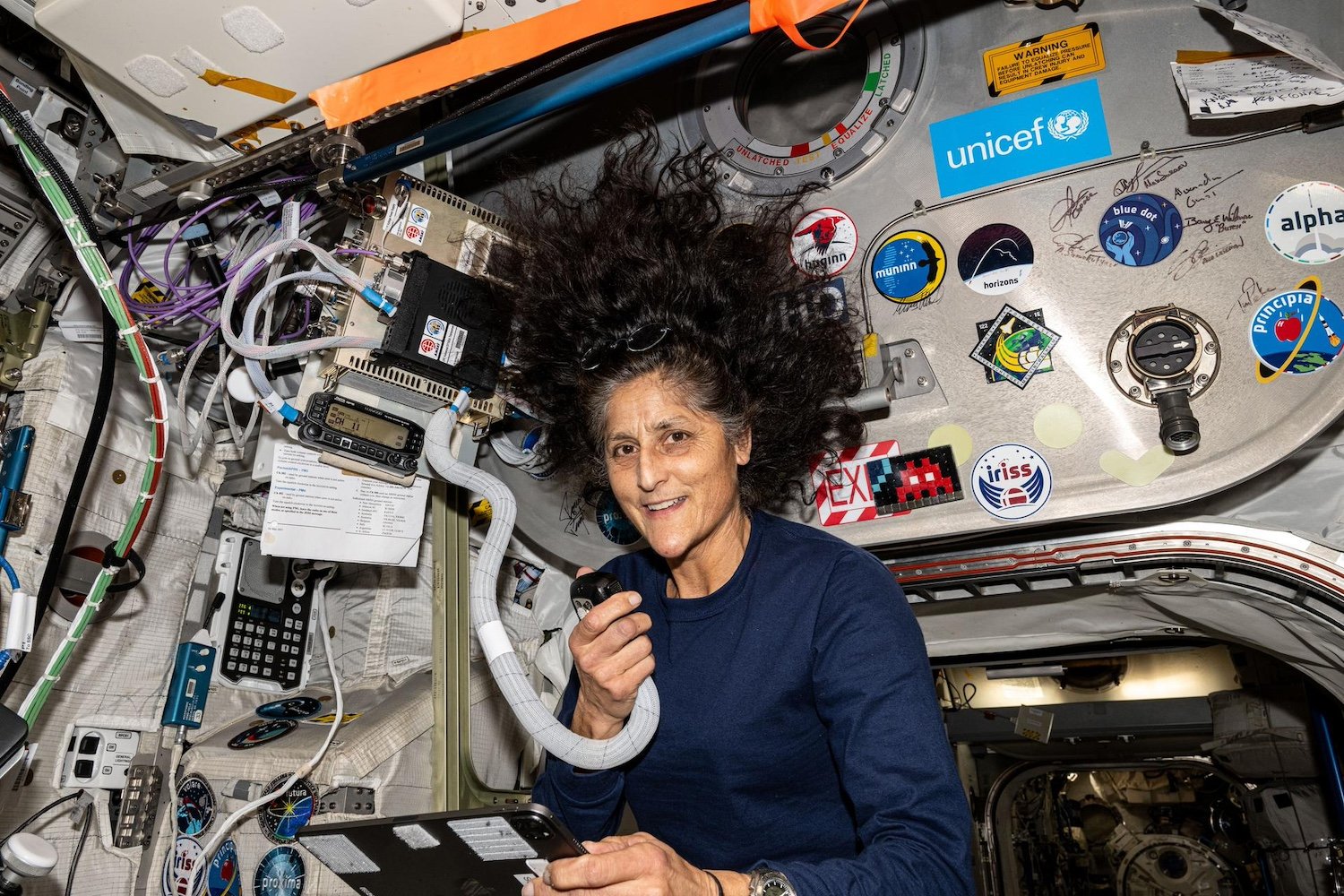The International Space Station (ISS) has been experiencing an escalating air leak in a Russian module for the past five years, sparking disagreement between NASA and Roscosmos about the cause and potential consequences. The leak, initially detected in 2019, originates in the PrK vestibule connecting a docking port to the Russian Zvezda module, launched in 2000. NASA recently elevated the leak’s risk level due to a doubling of the leakage rate, now exceeding two pounds of air per day.
Disagreement Over Risk Assessment
While both agencies are working to address the issue, their assessments differ significantly. Bob Cabana, chair of the ISS Advisory Committee, reported that Roscosmos believes a catastrophic failure of the PrK is unlikely, while NASA has expressed concerns about the module’s structural integrity. Essentially, “The Russians believe that continued operations are safe but they can’t prove to our satisfaction that they are… and the U.S. believes that it’s not safe but we can’t prove to the Russians’ satisfaction that that’s the case,” Cabana explained.
Conflicting Theories on the Leak’s Origin
Roscosmos attributes the leak to high cyclic fatigue from micro-vibrations, whereas NASA suggests a combination of factors, including pressure and mechanical stress, residual stress, material properties of the module, and environmental exposure. A recent report by NASA’s Office of Inspector General (OIG) underscored the leak’s severity and the differing opinions between the agencies regarding the threshold for an unsustainable leak rate. Despite acknowledging the ongoing investigation, Cabana stated that the teams lack a “common understanding of what the likely root cause is or the severity of the consequences.”
Mitigation Strategies and Future Implications
The leak rate notably increased just before the February 14, 2024 launch of the Progress MS-26 cargo spacecraft, which docked to the Zvezda module. To minimize air loss and isolate the leak, NASA and Roscosmos are monitoring the situation and prepared to close the hatch to the service module when not in use. They are even considering permanently sealing the hatch if the leak becomes unmanageable, which would reduce the available docking ports for future cargo deliveries.
The ISS’s Aging Infrastructure
As the ISS approaches its planned retirement within the next six years, this air leak highlights the challenges of maintaining aging hardware in the harsh environment of space. The ongoing disagreement between NASA and Roscosmos underscores the complex technical and political dimensions of operating the ISS.



